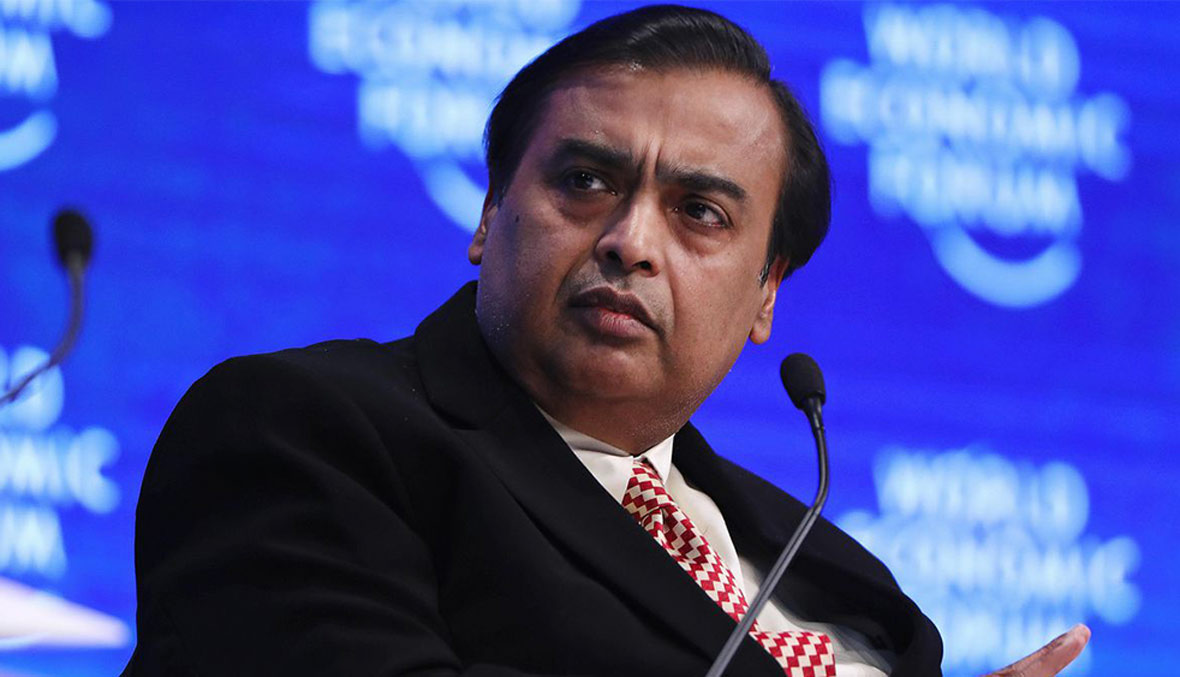Home > On the Record > He may hold the winning ticket in tech and Silicon Valley knows it
Ravi Shankar Chaturvedi explains the hurdles that Indian billionaire and businessman Mukesh Ambani may face in turning Jio into a global tech empire

Excerpt from “He may hold the winning ticket in tech and Silicon Valley knows it”, CNN Business; Rishi Iyengar
Between March and November last year, even as the coronavirus upended lives and devastated economies around the world, India’s richest man was handed more than $27 billion to make a bet on the future of the internet.
More than half that eye-popping amount came from Silicon Valley. It started with $5.7 billion from Facebook in March, one of the biggest investments in the American company’s history. Silver Lake Partners, the private equity firm based eight miles from Facebook’s (FB) Menlo Park headquarters, followed with its own investment just weeks later, as did Palo Alto’s General Atlantic and San Francisco-headquartered TPG Capital.
Smaller investments from Qualcomm (QCOM) and Intel (INTC) came next, before Google (GOOGL) swooped in with $4.5 billion to swell the impressive war chest. The recipient of all those billions is Jio Platforms, part of Ambani’s sprawling conglomerate Reliance Industries. Jio started as a mobile network in 2016. Since then it has amassed around 400 million users and launched a streaming service, a video conferencing app, a fiber broadband network and digital payments.
Its super-cheap data has helped bring hundreds of millions of Indians online for the first time. When Ambani launched Jio, India had fewer than 350 million internet users. Now, it has 750 million.
…
But the billionaire, who is reportedly looking to take Jio public in the United States, may find it challenging to parlay the company’s meteoric rise in India into success on the global stage.
“Reliance does not have any one area where it has a technological edge and superiority like say Google’s search, Facebook’s portfolio of social networks, Amazon’s e-commerce engine, Alibaba’s combination of strengths in e-commerce and payments or Tencent’s super app,” said Ravi Shankar Chaturvedi, research director at the Institute for Business in the Global Context at Tufts University’s Fletcher School.
Rather, Jio’s dominance has been largely geographical, helped by a regulatory regime that supports homegrown players.
“One would be hard pressed to come up with a meaningful list of technological innovations and IP that Jio created that could be the basis for its expansion abroad,” Chaturvedi added.













